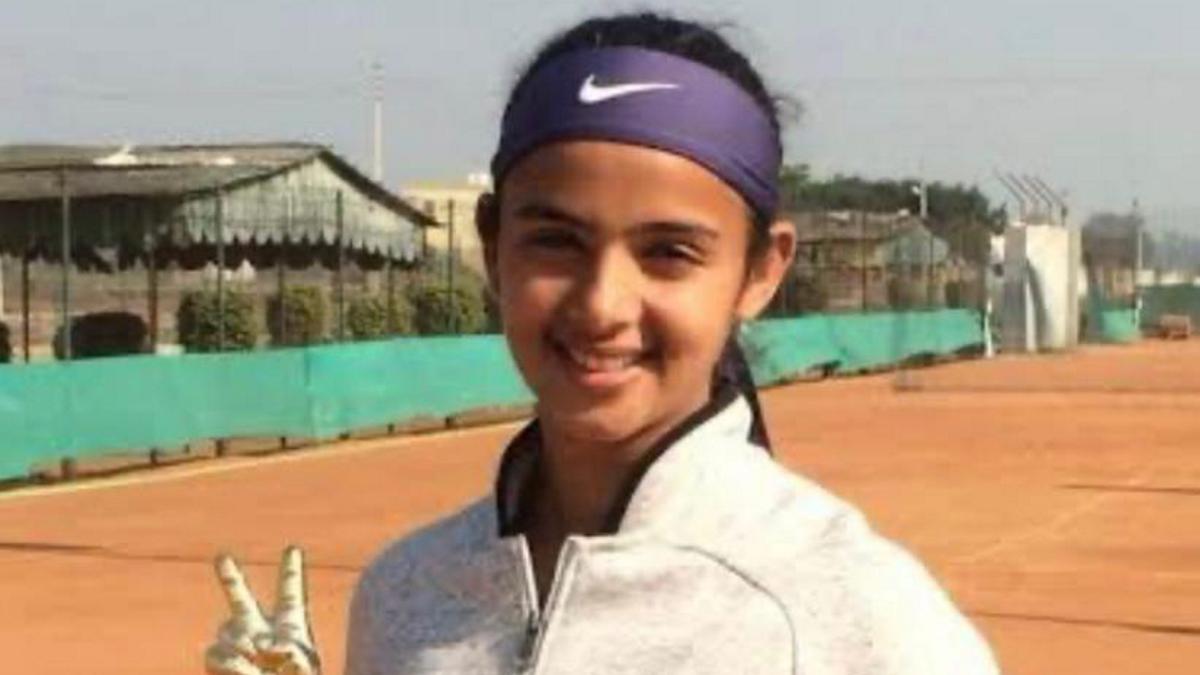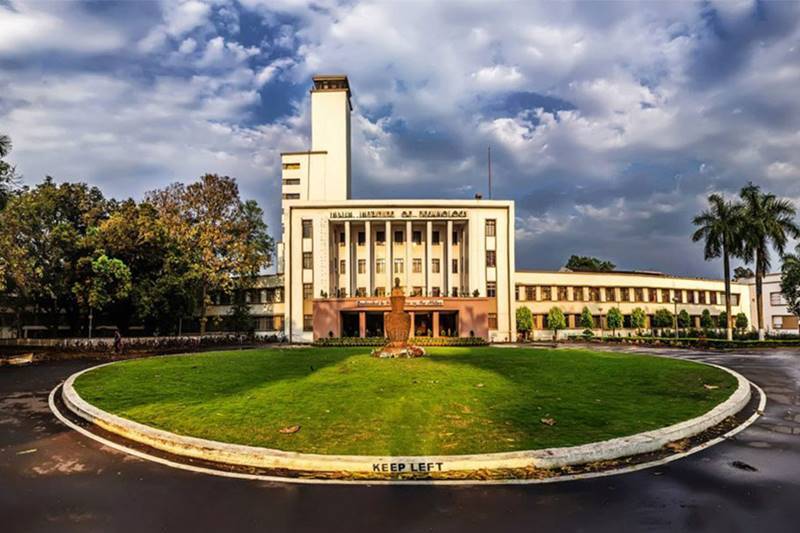TW: Mentions of Violence, Torture, Abuse
Today marks one year since Article 370, which gave special status to Jammu and Kashmir, was abrogated by the Indian government. The decision was preceded by the movement of thousands of troops in the region, a terror threat warning and the cancellation of the Amarnath Yatra, a communications blockade and subsequent detentions – but what was missing, and remains missing, was the much needed dialogue and involvement of the people directly affected by the decision.
With its people under a strict clampdown, prominent leaders under detention, and the suspension of important means of communications, the sense of fear, panic, loss, and uncertainty that Kashmir faced was new yet familiar. The internet shutdown in Kashmir was the world’s longest internet shutdown until internet was restored in January this year. The shutdown not only had made it difficult for Kashmiri people to keep in touch with loved ones, but also posed a significant challenge for them in terms of getting jobs, education, and maintaining their livelihood. It further silenced Kashmiri people and kept Kashmir in the dark, enabling more injustices.

Even during a global pandemic, Kashmir’s access to the internet remains restricted to low speed 2G internet. Meanwhile, the Indian government has maintained its position on the supposed ‘normalcy’ in the Jammu and Kashmir. It continues to push this narrative amid report after report of human rights violations in the region. A year later, as Kashmir deals with restricted internet access and a global pandemic, we look beyond the supposed normal in the Valley.
Abrogation Of Article 370
On August 5 2019, the Indian government scrapped Article 370, which granted a special status to Jammu and Kashmir. It was decided that the J&K region would be divided into two Union Territories – Jammu and Kashmir, and Ladakh. Ahead of the abrogation of Article 370, the State moved many troops in the region and enforced a strict clampdown.

Communication Services Suspended
Following the abrogation of Article 370, internet and mobile services were cut off in the Jammu & Kashmir (J&K) region. This communications blockade amid a strict clampdown in the region proved to be a significant challenge for people trying to contact family and friends.

Also read: Unpacking The Siege: Has Normalcy In Kashmir Been Restored?
Politicians Under House Arrest
Politicians and leaders in Kashmir were put under house arrest soon after Article 370 was abrogated by the Indian government. Politicians like Mehbooba Mufti and Omar Abdullah were put under house arrest, while Usman Majid from Congress and CPI(M) leader M.Y. Tarigami were detained.

Even under a strict lockdown, Kashmiri people took to the streets to protest the Indian government’s decision on Bakrid in 2019. In October 2019, 13 Kashmiri women came out to protest the abrogation of Article 370. They were arrested, and later asked to sign bonds assuring not to repeat any at that resulted in “breach of peace”.
People of the Valley Protest
Even under a strict lockdown, Kashmiri people took to the streets to protest the Indian government’s decision on Bakrid in 2019. In October 2019, 13 Kashmiri women came out to protest the abrogation of Article 370. They were arrested, and later asked to sign bonds assuring not to repeat any at that resulted in “breach of peace”.

Human Rights Violations In Kashmir
There were multiple reports of human rights violations following the strict clampdown in the valley post the abrogation of Article 370. A probe confirmed that numerous children were detained by security forces post August 05. A Washington Post report stated that people were beaten up and tortured by armed forces in the crackdown that followed the revocation of Article 370.

Communications Services Restored, 4G Remains Banned
Mobile services in Kashmir were restored 72 days after the abrogation of Article 370. The initial restoration of internet in the Valley in January this year limited access to social media, which was later restored in March 2020. But even amid the Covid-19 crisis, access to high speed 4G internet remains restricted.

UAPA Against Kashmiri Journalists
In April, the J&K police booked journalists Masrat Zahra and Gowhar Geelani under the Unlawful Activities (Prevention) Act (UAPA). Earlier, Qazi Shibli, editor of ‘The Kashmiriyat’, was booked under the Public Safety Act days before Article 370 was revoked. Shibli was released in April this year to decongest the prisons to deal with the pandemic, only to be arrested again by J&K police cybercrime division in July.

Violence Breaks Out In Srinagar
In May, two militants were killed in a 12-hour long operation by J&K police and CRPF in Nawakadal in Srinagar. The clash led to several homes being devastated in the Nawakadal area. Residents also alleged that they were beaten up and used as human shields by security forces, and that their houses were burned and looted.

The J&K authorities, fearing protests, imposed a curfew in Kashmir ahead of the first anniversary of the abrogation of Article 370. According to officials, the curfew was imposed to ‘prevent violence’ by people planning to observe the first year anniversary of the abrogation of Article 370 as ‘black day’.
Curfew Imposed Ahead of August 05
The J&K authorities, fearing protests, imposed a curfew in Kashmir ahead of the first anniversary of the abrogation of Article 370. According to officials, the curfew was imposed to ‘prevent violence’ by people planning to observe the first year anniversary of the abrogation of Article 370 as ‘black day’.
Also read: At The Margins Of The Margins: The LGBTQ Community In Kashmir

About the author(s)
Feminism In India is an award-winning digital intersectional feminist media organisation to learn, educate and develop a feminist sensibility and unravel the F-word among the youth in India.





What about The Kashmir Genoc
The Ruling political dispensation of India (Hindoosthan) is a front of the RSS (a quasi wanna be Nazi party).The RSS in its documented history and intellectual posits has admired and co-opted and co-owned Hitler – not merely as a Role Model – but as a Kalki Avatar – or an Avatar of Vishnoo – the Hindoo God !
The SS part of the RSS is a lift from the Nazi SS and the “R” stands for “Rats”
The RSS is infested by the vermins of the Brahmin/Bania/Kayastha triad – which represent the priestly and trading classes of Hindoosthan who never fought a war for their nation – but incited the same and also carried out the largest unknown genocide in History – that of the Buddhists.idindooohindoo
The Bhagwad Gita JUSTIFIES genocide, w/o remorse,guilt and WITH DIVINE SANCTION.The Indian Military and Para Military,is a race of criminal mercenaries called Kshatriyas – who were the offspring of rapes by the Huns,Mongols,Sakas, Scythians,Persians, Parthinians,Greeks 1500-2000 years ago.They were discarded by their races and interbred and were treated as outcastes for centuries – until the Brahmins co-opted them as criminal mass murderers (around 1000 years ago) – and who are now in Kashmir !
Nazis are on record JUSTIFYING their actions based on the thesis of the Bhagwad Gita explained in this note.
History Records that the Nazis were ALSO inspired by the Gita, per se
Why the “Nazis and Hitler and Himmler”, love the Gita
“Dindoo Hindoo Bindoo Gandoos” consider “Hitler to be a Vishnoo Avatar”
When Krishna the Bhagvat was fed up rying to explain to “Arjuna the – why he “needed to exterminate his foes” – this was the “last attempt” in the 18th Chapter of the Gita – the logic is as under :
Lumen Naturale 1 – There are “5 precedents to sense-perception and action”
मूल श्लोकः
शरीरवाङ्मनोभिर्यत्कर्म प्रारभते नरः।
न्याय्यं वा विपरीतं वा पञ्चैते तस्य हेतवः।।18.15।।
18.14 The locus as also the agent, the different kinds of organs, the many and distinct activities, and, the “divine is here the fifth”.
Lumen Naturale 2 – There “5 are causes of all action” and are “independent of the mind and body dualism” of Descartes and “also the Soul “!
मूल श्लोकः
यस्य नाहंकृतो भावो बुद्धिर्यस्य न लिप्यते।
हत्वापि स इमाँल्लोकान्न हन्ति न निबध्यते।।18.17।।
18.15 For whatever action a man undertakes by his body, speech and mind, whether right or wrong,i.e., enjoined or forbidden by the Sastras, “the following five”, are its causes:
Lumen Naturale 3 – Hence,you can “kill,murder and rape” – provided it is done with “no ego and no feelings “- for it is the “Act of the Divine” ! Just like the Nazis ! “Heil Krishna,the Bhagwat “!
मूल श्लोकः
अधिष्ठानं तथा कर्ता करणं च पृथग्विधम्।
विविधाश्च पृथक्चेष्टा दैवं चैवात्र पञ्चमम्।।18.14।।
18.17 He who has not the “feeling of egoism”, whose intellect is not tainted, he does not kill, nor does he become bound-“even by killing these creatures” !